Selling a business FAQ
Steps to selling your business
1. Collect all of the pertinent data:
• Copies of any equipment leases.
• Copy of the real estate lease or appraisal.
• Three year’s profit & loss statements.
• List the furniture, fixtures & equipment.
• List of past and present clients/customers
• Federal income tax returns for the business.
• Approximate value of normal inventory levels.
• Copy of franchise agreement (if applicable).
• List of loans against the business, balances and payments.
2. Establish a fair market value with the assistance of a business broker
3. Prepare marketing strategy
4. Inform buyers of the opportunity (List business with Realtor/Business Broker, advertise)
5. Showings
6. Offer and negotiations
7. Closing
8. Familiarization
Should I offer to finance part of the sale?
Offering vendor financing is a helpful way to assist a purchaser and also a way for the seller to make some additional money from financing charges.
How long will it take to sell my business?
Most businesses take several months to sell. Unlike a house business sales take time. First you will need exposure and be priced right for the market. Buyers want facts. You will need a complete package of information about your business, including financial data and lease documentation. You will have many potential buyers that just don’t match with your business but eventually a buyer will be found that can work with the price and terms of the sale.
What sells a business?
Only two things sell a business, price and exposure. If you have exposure but you are priced too high for the market even interested buyer may not come forward to make an offer.
My business has a lot of potential. How much is that worth?
A buyer may purchase based on the potential of a business but very rarely will they pay for it. The argument from the buyer’s side is if the business has so much potential then please show me and then I will pay for it .
How much training do I need to provide?
This is a negotiating point but most business owner provide training from one week to three months depending on the scope of the business.
What is my business worth?
Most buyers for small/medium size businesses are purchasing an income stream which will provide a living for themselves and their family. What your business is worth depends upon a number of factors:
What is the current value of the company assets?
What is the value of the seller discretionary earnings?
How secure is the goodwill of the business?
Will the employees stay on with a new owner?
How long is the current lease on the location and is there a demolition clause in the lease?
Would the current owner be considered an artisan?
Can the business operate without the current owner?
Evaluating a business is multi-faceted, and no set formula works for all. Ultimately, a business is worth what the market will pay.
How to calculate seller's discretionary earnings (SDE)
Most small/medium businesses operate such that they minimize their tax burden by creative accounting. Seller’s discretionary earnings (SDE) is the amount of money that is a direct benefit to the current owner. This can include salary, profit, finance charges, automobile expenses, meals and entertainment, travel and any other amount that would not exist if the current owner was no longer in charge. On accountant prepared financial statements these SDEamounts can add up to a substantial sum of money, all for the benefit of the owner. .
